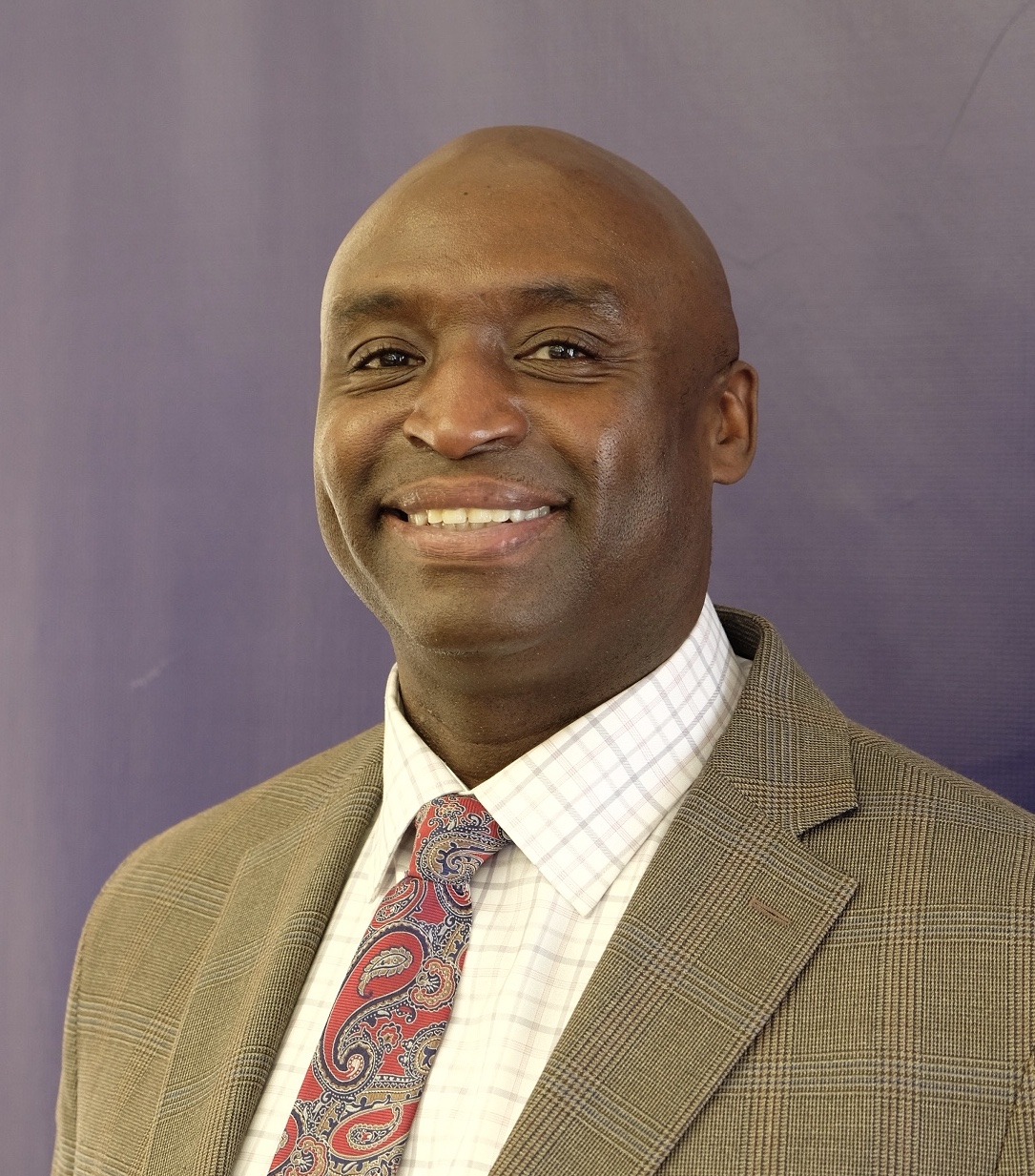
MANCHESTER, NH – Seven days after a Valley Street jail administrator told county commissioners he was working with state health officials to comply with Centers for Disease Control COVID-19 guidelines, a Superior Court judge ordered a COVID-19 positive inmate released and said he should “immediately report to a local emergency room to be assessed by a doctor.”

Hillsborough County Superior Court Judge Jaclyn A. Colburn, in her Jan. 13 order, noted that the only treatment Hernan Rijos-Calderon, 32, of Manchester had received since testing positive was to have his vitals taken nightly. He never saw a doctor even though he and his wife said he had exhibited symptoms for 32 days and had medical conditions making him high-risk for serious complications.
Jail Superintendent Willie Scurry, in response to a request for comment, said, “The HCDOC (Hillsborough County Department of Corrections ) is continuing to collaborate with The Department of Public Health and making minor adjustments if needed.”
A second inmate, facing manslaughter and other charges, on Jan. 11 was ordered released from the jail to home confinement not because he contracted the virus, but because the pandemic caused the trial to be suspended, resulting in his incarceration for more than 15 months, violating his due process rights. Daniel Samaria’s “continued incarceration violates his presumption of innocence and due process right to be free from punishment prior to conviction,” according to Judge William N. Delker.
COVID-19 is rampant in the jail, the state’s largest facility. On Wednesday, the jail posted its latest COVID-19 report on its website: 108 inmates have tested positive for the virus; two were released; 74 were cleared; 32 remain positive. Forty-two staff members also tested positive; all but two were cleared.
On Jan. 6, there were 203 inmates at the jail, a number that fluctuates daily.
Since December, three inmates were ordered released by three different Hillsborough County Superior Court judges. In the first case from December, Judge Charles S. Temple said the jail had a “cavalier” attitude when it comes to the treatment of inmates who tested positive for the virus. He ordered the release of Williams James, 37, of Hudson, who was being detained on charges of stalking and witness tampering in a domestic-related case.

Rijos-Calderon was being held on charges in connection with a Jan. 24, 2020, shooting incident in Nashua in which no one was injured.
Colburn, in her Jan. 13, 2021 order, said that Rijos-Calderon had been in quarantine since Dec. 18, 2020, tested positive Dec. 30, 2020, and said he had exhibited symptoms for 32 days. Rijos-Calderon was confined to his cell for 22 hours a day with another inmate who also tested positive.
He had difficulty eating, was vomiting, had blood in both his vomit and stools, no sense of smell, difficulty breathing, coughing and chest pain. The judge noted that during a hearing held the same day she issued her order the defendant “was coughing, spitting into a bag and clearly ill.”
He and his wife reported his symptoms were worsening and that he was at high risk for serious illness because he suffers from high blood pressure/heart disease and has high cholesterol.
Denise Hartley, R.N., the jail’s health services supervisor, said Rijos-Caldereon’s oxygen levels were within a normal range when his vital signs were checked – once a day at 8 p.m; no further medical attention was provided.
“Of particular concern to the Court, is the fact that there is no evidence that inmates with high-risk underlying conditions are checked more often or seen by a doctor upon testing positive for Covid or if they are symptomatic. It seems that unless the inmate himself complains, he will be subject to the routine once-nightly check and nothing more. Given the gravity of the potential implications for someone with known high-risk underlying conditions, this seems abysmally inadequate,” she wrote.

Daniel Samaria, 45, of Manchester, was being detained in connection with the Sept. 13, 2019, death of Robert Lachance. Samaria is accused of hitting Lachance with a sucker punch, knocking him to the ground, killing him. Samaria is charged with manslaughter, negligent homicide, first- and second-degree assault and reckless conduct. Samaria maintains it is a case of self-defense.
He has sought to be released from jail – to home confinement – numerous times and was repeatedly denied, including once by Judge Delker, who, like the other judges, found him to be dangerous.
In his latest request, Samaria argued he should be released pretrial because it is “fundamentally unfair to continue to incarcerate him without a trial,” that the conditions of his confinement endanger his health and welfare and that his continued detention violates his constitutional right to due process.
Delker said that the seriousness of the charges and the strength of the government’s case both weigh against Samaria’s release. However, he said Samaria has asserted a self-defense claim and the defense presented an expert who slowed a video of the incident to a frame-by-frame view in an attempt to demonstrate that the defendant did not punch Lachance prior to his death.
“As such the Court concludes that the merits of the state’s case are not so compelling as to weigh heavily against the defendant,” Delker wrote.
Normally, under the state’s speedy trial policy the court would be required to hold a hearing for the state to show cause why charges against Samaria, who has been jailed for more than 15 months, should not be dismissed.
Samaria’s trial was originally set for March 23, 2020, but then suspended because of COVID-19. They resumed for a short time – Samaria’s was to start this month – but were suspended a second time as COVID-19 infections continue to climb in New Hampshire.
Delker said while trials are scheduled to resume next month, the “ongoing public health crisis may result in further suspension of trials.” Additionally, other trials are already scheduled so the earliest Samaria’s trial would be set is March.
“Such a lengthy delay presumptively exceeds the due process limitations on pretrial confinement,” Delker wrote. He said the reason for the delay is neutral – no one could have predicted the COVID-19 pandemic and the recent rise in cases making jury trials logistically impossible — but he said the “circumstances of incarceration weigh heavily in favor of release.”
Delker said that while all defendants experience some prejudice by reduced access to counsel while incarcerated, the prejudice is “particularly salient for this defendant who is functionally illiterate. The defendant’s illiteracy makes it all but impossible for him to meaningfully review discovery on his own in order to aid counsel in preparing his defense. In order to do so, he must meet in person with his attorneys. The jail’s lack of screening protocols and apparent lack of sanitization protocols related to the visiting attorney rooms make it risky for defense counsel to enter the jail in order to prepare their client’s defense.”
Delker said the Constitution is not suspended simply because the state of New Hampshire finds itself in a state of emergency.
He said it is “in these moments of crisis that the true test of our adherence to core constitutional principles are tested. It is easy to pledge fealty to the lofty goals of the Constitution when there is no cost to adherence to those aspirations. But the rule of law requires more than that. It requires courts to apply the law even when that is difficult or unpopular. Thus, it is not a novel concept in constitutional jurisprudence that sometimes dangerous criminals are allowed to be free in order to protect the liberty of the innocent.”
According to the jail’s COVID-19 report, staff are collaborating, corresponding and following up with state and city health officials and the jail’s medical provider; staff and inmates are being tested; state health officials and the National Guard are conducting weekly facility-wide testing of all inmates; all new admissions who test positive and/or display symptoms are housed on a separate unit away from other new admissions; staff is assigned to the same areas of the jail to reduce risk of transmission though staff movements; inmates receive medical-grade (surgical) face masks each day.







